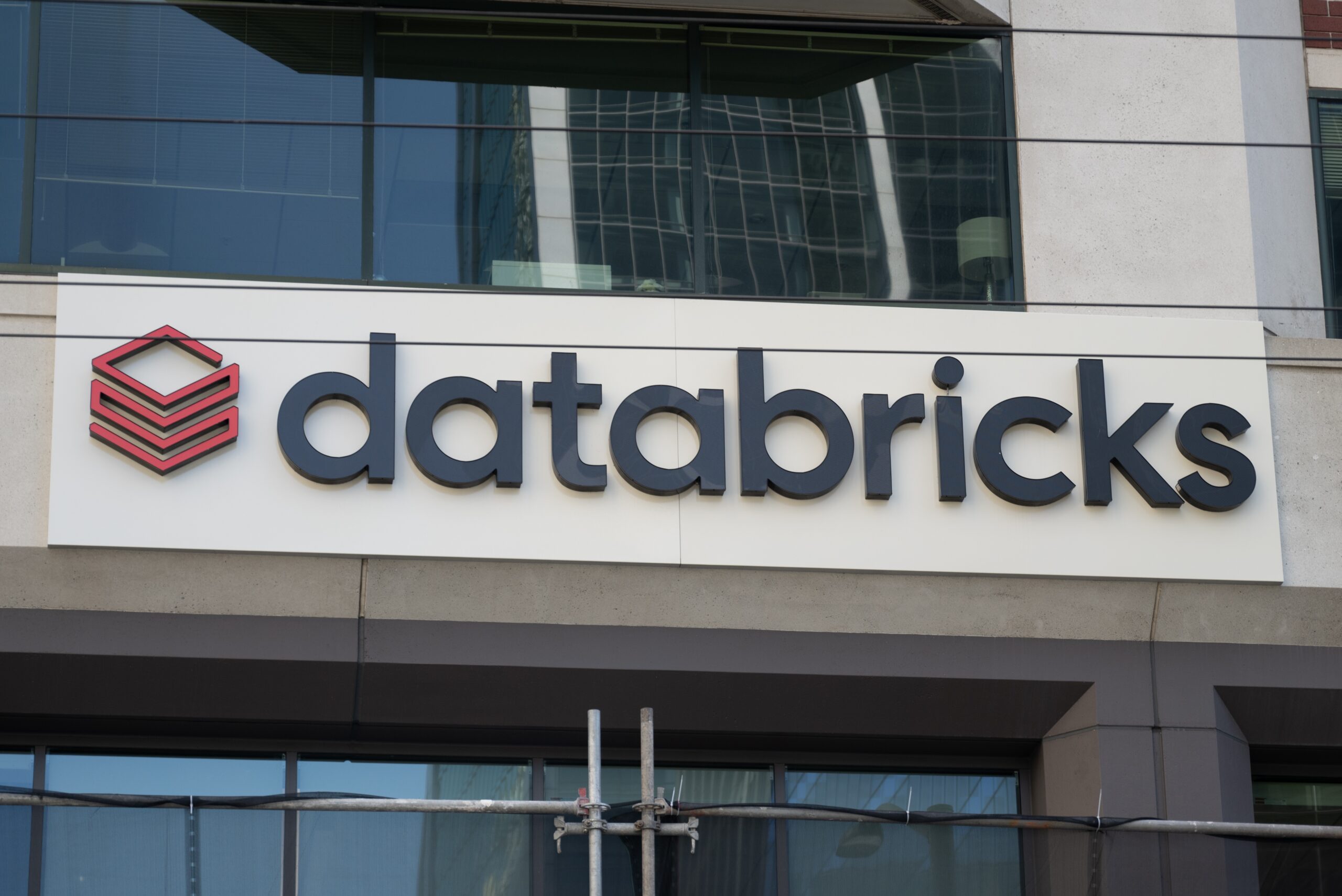
San Francisco, CA – At Databricks’ annual Data + AI Summit, the company announced significant updates to its AI platform, now rebranded as Mosaic AI. This evolution follows Databricks’ $1.3 billion acquisition of MosaicML last year, integrating Mosaic AI into the core of Databricks’ AI offerings. In an exclusive interview, Databricks co-founders CEO Ali Ghodsi and CTO Matei Zaharia shared insights into these new developments and their implications for the future of AI-driven business solutions.
Databricks unveiled five new Mosaic AI tools designed to enhance the reliability, efficiency, and privacy of AI models for enterprise applications. These tools include:
- Mosaic AI Agent Framework: Facilitates the development of applications utilizing retrieval augmented generation (RAG).
- Mosaic AI Agent Evaluation: Provides AI-assisted tools for evaluating and refining AI models in production.
- Mosaic AI Tools Catalog: Offers a comprehensive repository of AI tools and functionalities for developers.
- Mosaic AI Model Training: Supports the fine-tuning of AI models with proprietary data.
- Mosaic AI Gateway: Serves as a unified interface for querying and managing AI models securely.
During the summit, Ghodsi emphasized the need to improve the quality, cost-efficiency, and privacy of AI models. “It’s been an incredible year of advancements in generative AI,” he stated. “Our focus remains on three core areas: enhancing the quality and reliability of models, optimizing cost-efficiency, and ensuring data privacy.”
Zaharia added that enterprises deploying large language models (LLMs) often rely on complex, multi-component systems. These systems typically involve multiple model interactions and utilize external tools for database access and retrieval augmented generation (RAG). He explained, “Such compound systems accelerate LLM applications, reduce costs by leveraging more economical models for specific queries or caching, and enhance the relevance and trustworthiness of results by integrating proprietary data.”
New Features Address Key Enterprise Needs
To address these enterprise needs, Databricks has introduced the following tools:
1. Mosaic AI Agent Framework
- Enables developers to build RAG-based applications.
- Integrates serverless vector search functionality, available since last month.
- Combines classic keyword-based search with embedding search.
2. Mosaic AI Agent Evaluation
- An AI-assisted evaluation tool combining LLM-based judges for production testing.
- Allows enterprises to gather user feedback and label initial datasets.
- Includes a user interface component for visualizing and searching large text datasets.
3. Mosaic AI Tools Catalog
- Extends the Unity Catalog to govern AI tools and functions accessible by LLMs.
- Facilitates the discoverability of AI services across an organization.
4. Mosaic AI Model Training
- Provides fine-tuning capabilities for models using proprietary data.
- Enhances model performance on specific enterprise tasks.
5. Mosaic AI Gateway
- A unified interface to query and manage any LLM, open-source or proprietary.
- Allows IT departments to set rate limits and track usage for cost management.
Modular Systems for Mission-Critical AI Applications
Zaharia stressed the importance of modular systems for developing high-impact, mission-critical AI applications. “In mission-critical scenarios, it’s essential for engineers to control all aspects of the system,” he noted. “We are focused on researching the best ways to create these modular systems for specific tasks, enabling developers to connect various components seamlessly and maintain full traceability.”
This approach aligns with the trend of enterprises using sophisticated, open models rather than relying solely on proprietary options. “The shift towards open models has led to a demand for new tools and systems,” Ghodsi observed. “Our customers are increasingly sophisticated and require solutions that can adapt to the evolving landscape of AI technologies.”
| Tool | Functionality | Benefits |
|---|---|---|
| Mosaic AI Agent Framework | Builds RAG-based applications | Enhanced search capabilities, modular design |
| Mosaic AI Agent Evaluation | Assesses AI model performance in production | Improved reliability, user feedback |
| Mosaic AI Tools Catalog | Catalogs and governs AI tools | Better discoverability, enhanced governance |
| Mosaic AI Model Training | Fine-tunes models with proprietary data | Task-specific performance improvement |
| Mosaic AI Gateway | Manages and queries any LLM securely | Centralized control, cost management |
Ghodsi highlighted a significant market shift towards open-source and modular AI solutions. “At the start of last year, the industry was heavily focused on proprietary models like those from OpenAI,” he said. “Now, there’s a clear movement towards adopting open models and integrating them into modular systems that provide more control and customization.”
Databricks’ strategy with Mosaic AI reflects this shift. The company aims to provide its users with flexible, scalable tools that can adapt to the diverse needs of modern enterprises. As AI continues to evolve, Databricks is positioning itself as a leader in providing innovative solutions that address the complexities and opportunities of deploying AI at scale.
As Databricks continues to expand its AI capabilities, the integration of Mosaic AI marks a pivotal step in its journey. The new tools introduced at the Data + AI Summit underscore the company’s commitment to delivering cutting-edge solutions that enhance the quality, efficiency, and security of AI applications. With a focus on modular systems and open models, Databricks is well-equipped to meet the demands of the rapidly evolving AI landscape.
For more details about the new Mosaic AI tools and Databricks’ future plans, visit Databricks’ official website.
- Databricks has launched five new AI tools under its Mosaic AI platform.
- These tools address critical enterprise needs in AI quality, cost-efficiency, and data privacy.
- The company is focusing on modular systems and open models to enhance AI applications.
- Databricks continues to lead in providing scalable, flexible AI solutions for modern enterprises.
Related News:
Featured Image courtesy of TechCrunch
